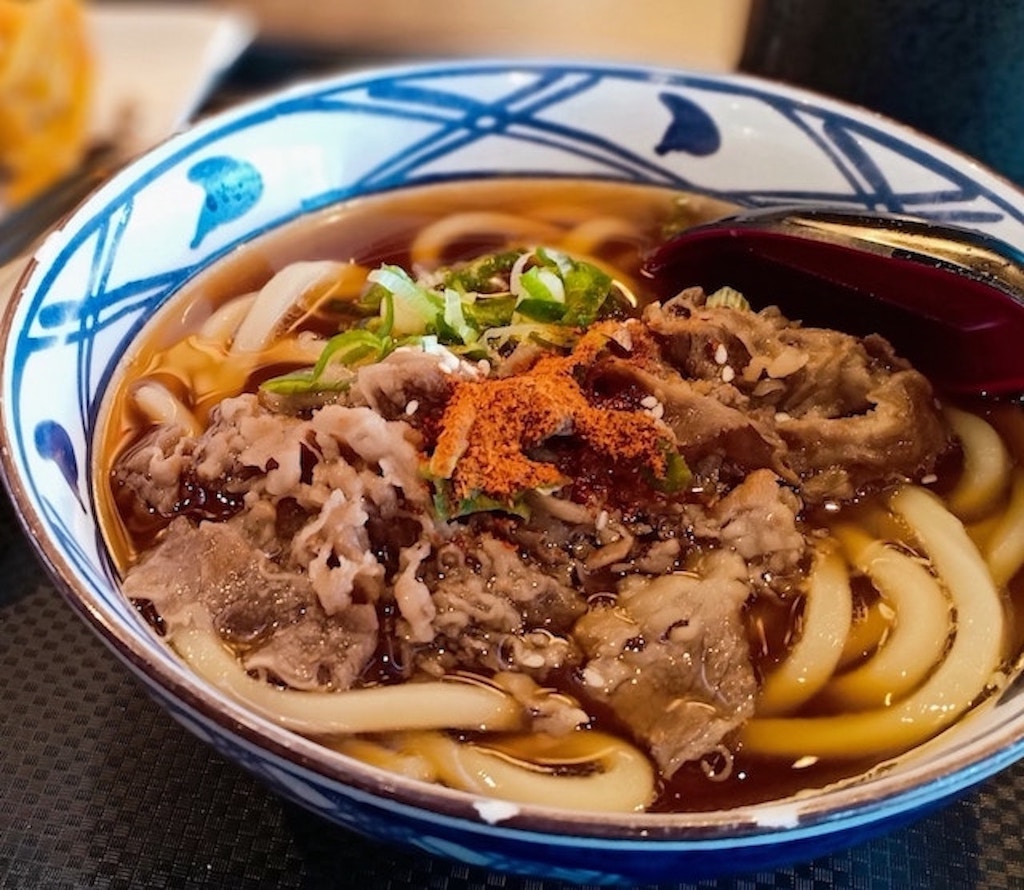Udon noodles are a beloved staple in Japanese cuisine, known for their thick and chewy texture that pairs wonderfully with a variety of broths and toppings. However, for those following a gluten-free diet due to health concerns or personal choice, the question arises: Are udon noodles gluten-free? In this article, we’ll delve into the world of udon noodles, their ingredients, and whether there are gluten-free alternatives available.
Understanding Udon Noodles:
Udon Noodles: A Culinary Tradition: Originating in Japan, udon noodles are made from a simple mixture of wheat flour, water, and sometimes salt. Their popularity has extended beyond Japan’s borders, making them a cherished component of dishes around the world.
The Gluten Factor: Wheat flour, a primary ingredient in traditional udon noodles, contains gluten. Gluten is a protein found in wheat, barley, and rye, which can cause adverse reactions in individuals with gluten sensitivity or celiac disease.
Are Udon Noodles Gluten-Free?
Traditional Udon Noodles: Classic udon noodles made using standard recipes are not gluten-free. These noodles are crafted from wheat flour, making them unsuitable for individuals who must avoid gluten in their diet.
Gluten-Free Udon Noodles: In recent years, there has been a growing demand for gluten-free alternatives to traditional wheat-based noodles. As a result, some manufacturers have developed gluten-free udon noodles using alternative flours such as rice flour, tapioca starch, or a blend of gluten-free grains. These alternatives aim to replicate the beloved chewy texture of udon noodles while accommodating dietary restrictions.
Tips for Finding Gluten-Free Udon Noodles:
- Read the Labels: When shopping for udon noodles, carefully read the packaging and ingredient list. Look for terms like “gluten-free” or “made from gluten-free flours” to identify suitable options.
- Visit Specialty Stores: Specialty or health food stores, as well as Asian markets, are more likely to carry a variety of udon noodles, including gluten-free alternatives.
- Online Retailers: Online shopping platforms offer a wide range of gluten-free udon noodles, providing convenient access to different brands and types.
Q&A: Are Udon Noodles Gluten-Free?
Q: Can traditional udon noodles be made gluten-free at home? A: While it’s challenging to replicate the exact texture of traditional udon noodles using gluten-free flours, some home cooks have experimented with gluten-free recipes that yield similar results. These recipes often involve using alternative flours and adjusting cooking techniques.
Q: How do gluten-free udon noodles compare in taste and texture to traditional ones? A: Gluten-free udon noodles can offer a comparable texture to traditional ones, but there may be slight differences in taste and chewiness due to the absence of wheat gluten. Texture can vary depending on the type of gluten-free flour used.
Q: Are gluten-free udon noodles readily available in restaurants? A: Some restaurants, especially those that cater to dietary preferences and restrictions, might offer gluten-free udon noodle options on their menu. It’s always best to inquire with the restaurant staff about their offerings before ordering.
In the culinary world, udon noodles hold a special place, whether as a comforting bowl of noodle soup or a flavorful stir-fry. For individuals seeking gluten-free alternatives, the availability of gluten-free udon noodles is a welcome development. While traditional udon noodles are not gluten-free due to their wheat flour composition, the emergence of gluten-free options enables more people to enjoy this iconic Japanese dish without compromising their dietary needs. Whether enjoyed at home or in a restaurant, gluten-free udon noodles offer a tantalizing taste of Japan’s culinary heritage to a broader audience.
